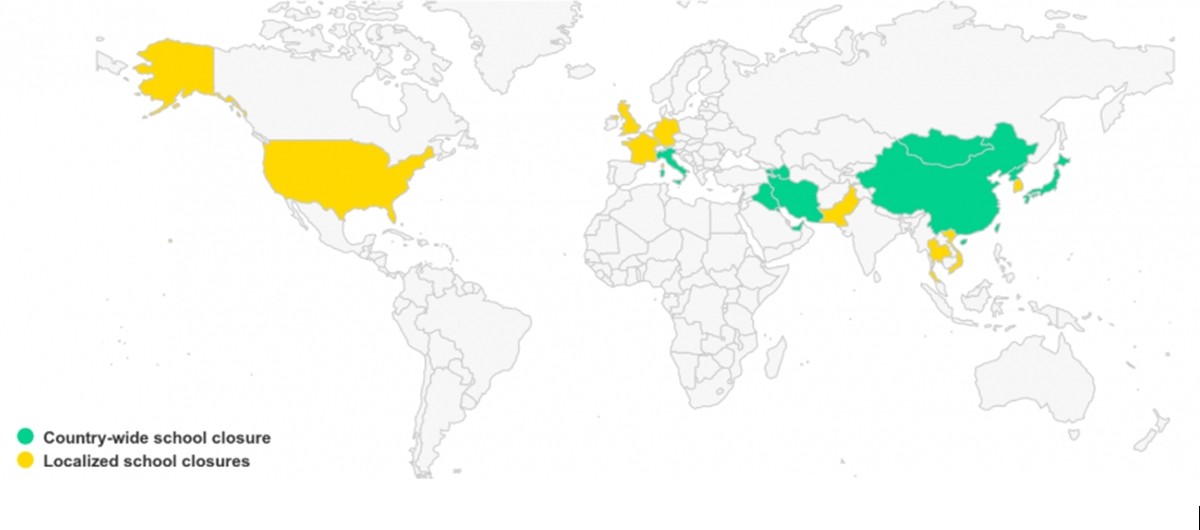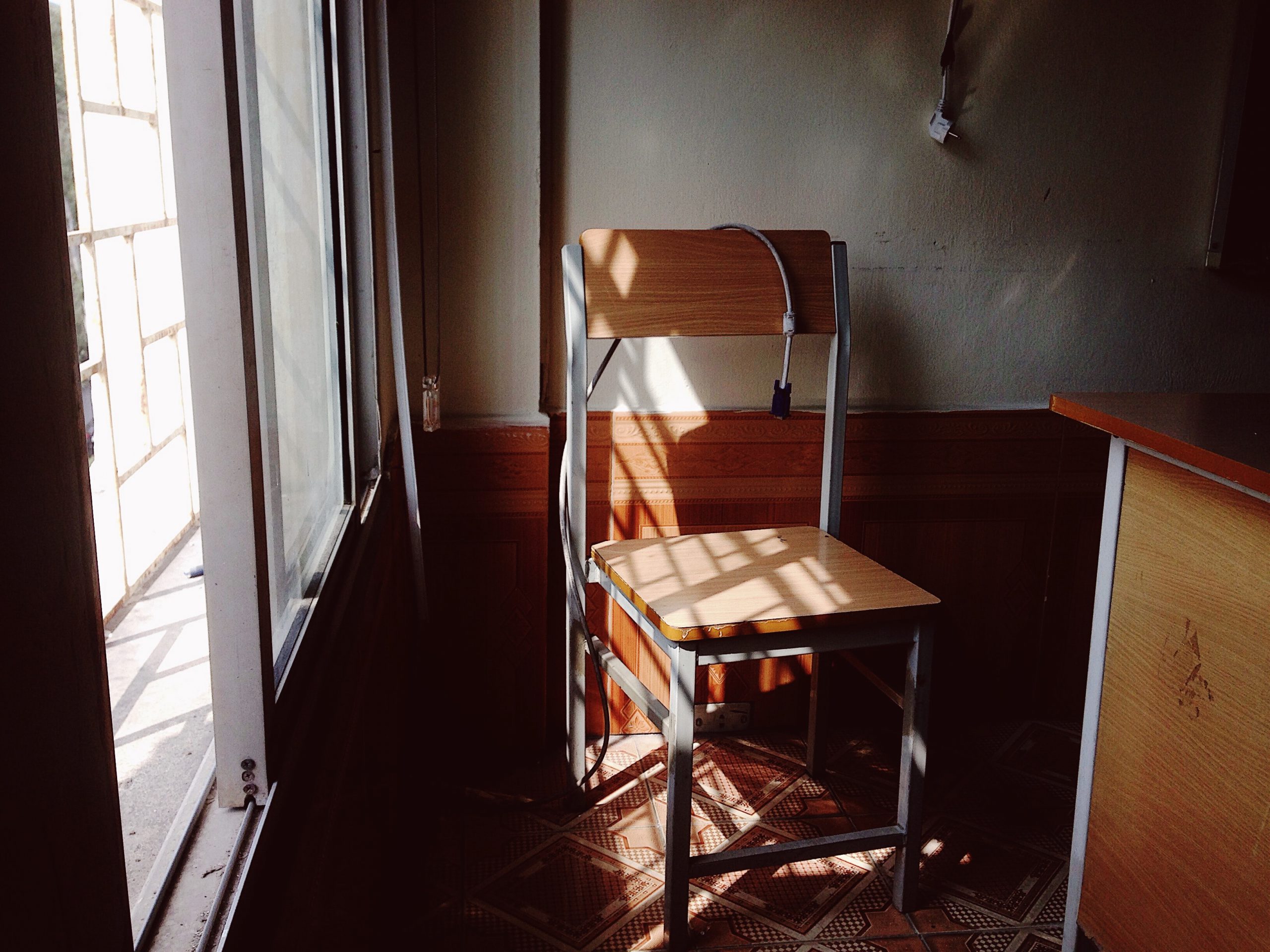The COVID-19 outbreak led to school closures in 13 countries around the world, disrupting the education of 290.5 million students. Around the world, education communities are mobilizing to contain the virus and ensure that schools remain healthy places
The COVID-19 outbreak led to school closures in 13 countries around the world, disrupting the education of 290.5 million students. Around the world, education communities are mobilizing to contain the virus and ensure that schools remain healthy places.

To contain COVID-19, 22 countries on three continents have implemented school closures, including 13 countries nationally.
“While temporary school closures as a result of health and other crises are not new unfortunately, the global scale and speed of the current educational disruption is unparalleled and, if prolonged, could threaten the right to education.” said UNESCO Director-General Audrey Azoulay.
« School closures, even when temporary, are problematic for numerous reasons. Foremost is a reduction in instructional time, which impacts learning achievement. When schools close, educational performance suffers. Disrupting schooling also leads to other harder to measure losses, including inconveniences to families and decreased economic productivity as parents struggle to balance work obligations with childcare. The closures also compound educational inequities: economically advantaged families tend to have higher levels of education and more resources to fill learning gaps and provide enrichment activities to children who cannot attend school. » (UNESCO)

Education communities mobilized
Teachers’ unions seek to ensure that schools remain safe and healthy places for education staff and students, including by disseminating to school communities the World Health Organization’s updated practical information and preventive measures to avoid the spread of the virus, as well as government guidelines.
The coronavirus crisis sheds light on the sanitary and material conditions in schools. Lack of soap, degraded toilets… many actors of education, particularly in France, denounce that the material and sanitary conditions in schools do not allow them to respect the basic hygiene instructions, a particularly critical situation in the context of the spread of the coronavirus.
Education union call upon governments to take concrete measures to ensure the health and safety of students and education workers.
« Governments must assess the situation in their countries and respond in an effective and proportionate way in order to contain the outbreak. While school environments can be conducive to contagion and temporary shut downs of education facilities are necessary in some cases, we urge governments to take measures to minimise the impact of the outbreak on the quality of education provided to the millions of students living in affected areas. » declared David Edwards General Secretary of Education International (Read the declaration here).





